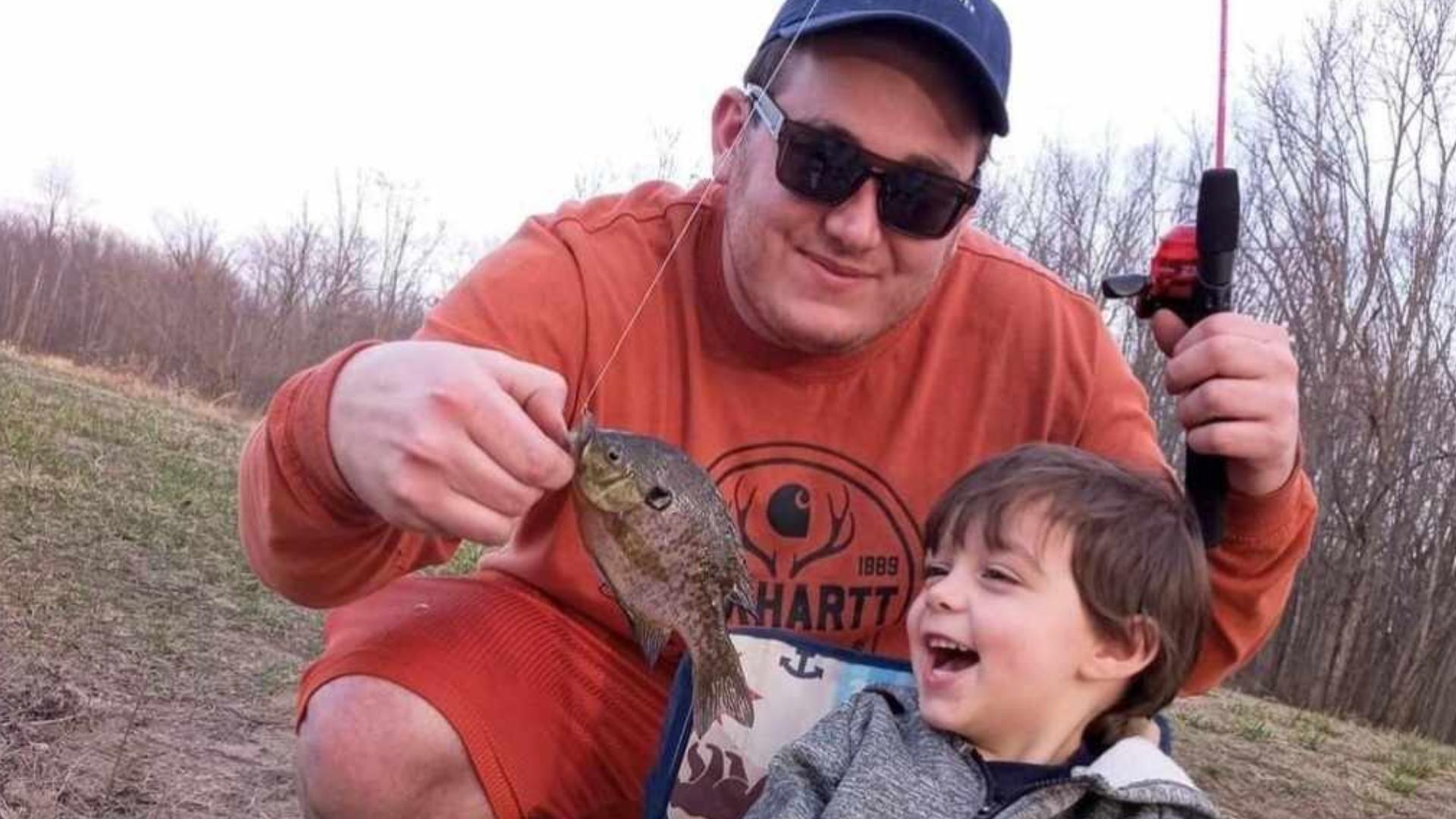DEMOTTE, Ind — The family of a 26-year-old father from Indiana wants transparency after a call for help ended with his death.
Rhyker Earl had two seizures on Sept. 8, 2024. After the second one, his grandmother called for help.
"I called 911 thinking they were going to come help him," Connie Widner said.
The family and their lawyers held a press conference on Sept. 23, in DeMotte, Indiana where Earl lived. They called for the Jasper County Sheriff to release body camera video from the night they were called for help.
Both the family and police agree on many details of what happened. Including that, while handcuffed on his floor, Earl stopped breathing.

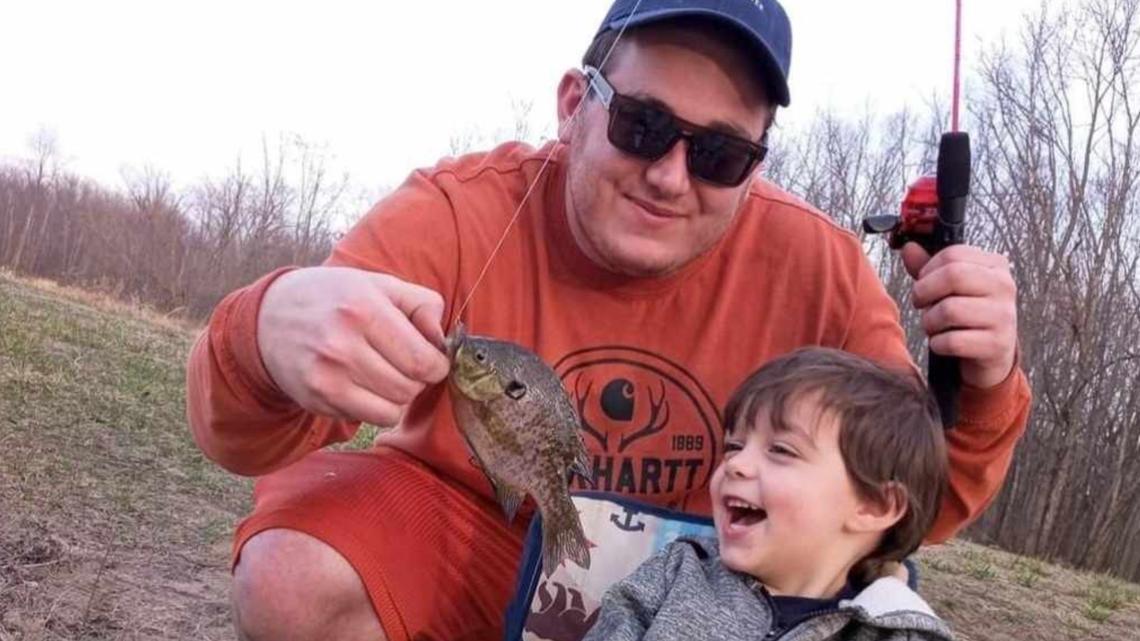
Earl's aunt, Miracle Glawinski, was at the scene. She remembers telling first responders "he's blue. Take his pulse, he's blue. Please do something."
First responders could not find a pulse. He was pronounced dead after two more days in intensive care.
"Rhyker fell unconscious," Ben Crump, a civil rights attorney representing the family, said. "He never regained consciousness."
Indiana State Police is investigating Earl's death and have asked for the public's patience while they are working.

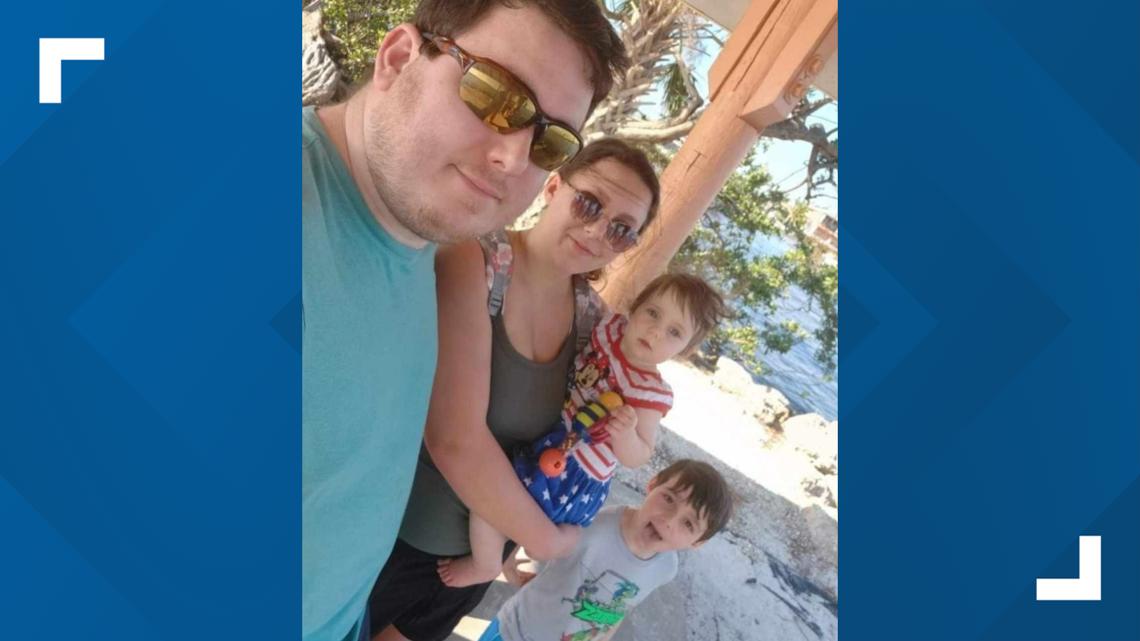
New details from family
Jasper County Sheriff Pat Williamson said, in a statement, that Earl was demonstrating "significant physical resistance to the medical personnel on the scene."
The family said that was a normal response from someone coming out of a seizure and finding a crowd of people in his home.
"To a person who's having a seizure," Widner said, "that makes them nervous. They don't know what's going on. Rhyker's had a number of seizures and he's never been violent. He's confused, when he's coming out of seizures. But in all the time we've called ambulances he's never once been violent or anything to anybody."

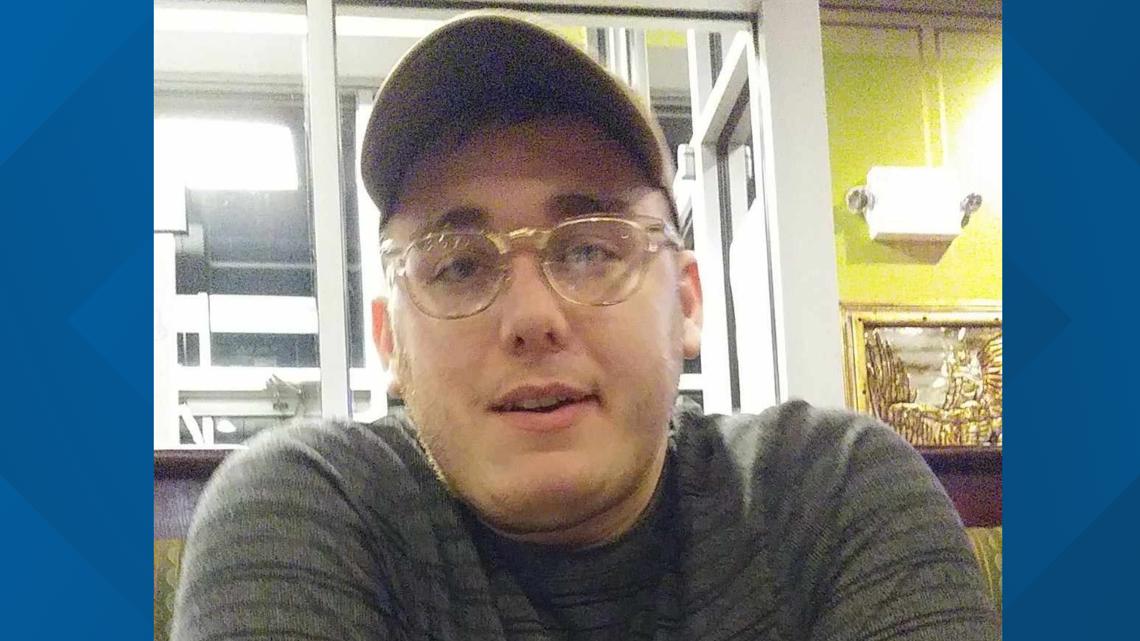
The family said that Rhyker has been having seizures about once a month for the past 7 years. They say Rhyker had a seizure early that day, and the same EMTs responded.
"We've been around him for multiple seizures," Chuck Widner, Earl's grandfather, said. "He's never, ever, ever been violent to anybody."
According to a statement from the sheriff, "multiple family members pleaded with (Earl) to remain calm and attempted to ensure him that deputies and medical personnel were there to help him."
But Earl's family said they were begging police to help him.
"I told him 'Pa's here,'" Chuck Widner said. Then he said he warned the EMT's. "He's got bad asthma. He can't breathe."
"He's begging for his life like, 'Grandma, grandma, please, make 'em get off of me,'" Connie Widner said.
The statement from the Jasper County Sheriff' says: "per training, deputies were holding him in such a way that would not restrict breathing, and Mr. Earl was vocalizing through the entire incident."
"He says he has the video and has reviewed it and that Rhyker was verbalizing," Steve Wagner, another lawyer for the family, said. "But he didn't say what Rhyker was verbalizing. We know what Rhyker was verbalizing. He was saying he can't breathe."

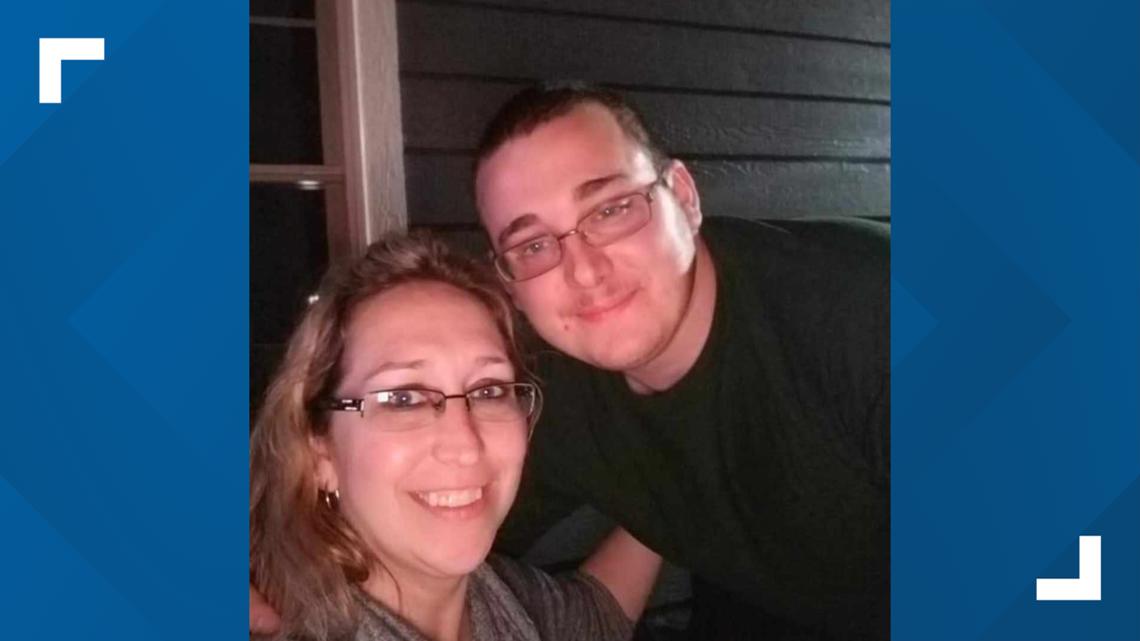
Seizures and first responders
Earl is not the first person to run into conflict with law enforcement after a seizure. The Epilepsy Foundation has the Jeanne A Carpenter Epilepsy Legal Defense Fund to help people with epilepsy with legal issues. Many of them relate to what happens after a seizure.
According to the Cleveland Clinic, "Not everyone who experiences a seizure goes through the (postictal) state, but many people do."
"During this period a person is easily frightened, upset and unable to communicate effectively and may become belligerent or aggressive, especially when approached, as he or she may perceive this as a threat.
A cardinal rule in the handling of any seizure is that the person should not be restrained in any way, unless it is essential for his personal safety or the safety of others. Restraint of persons during or soon after a seizure may exacerbate or precipitate combativeness – the opposite of the intended result. As one's resistance to restraint increases, the threat to his life similarly increases. Restraining someone face-down and/or with his arms restricted behind his back is especially dangerous."
In April of 2024 a California man sued the Central Marin Police Authority after he was shocked by a police officer during a seizure in his home. His attorney's uploaded body camera video of the incident to their website.
The Epilepsy Foundation also says "persons who have epilepsy, and a variety of other disabilities, are frequently inappropriately arrested and jailed because police officers have not received proper training in the recognition of and aid for seizures."

